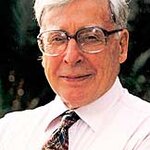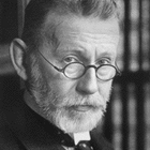
The U.S. Food and Drug Administration has approved Advanced Cell Technology for the second human trial of human embryonic stem cells (hESC), in people with macular degeneration, a progressive form of blindness.
Advanced Cell Technology said it would start testing its stem cell-based treatment on 12 patients with Stargardt’s Macular Dystrophy, which usually impacts children between 10 to 20 years of age, resulting in blindness due to degeneration in the retinal pigment epithelium (RPE).
The company has created a technique to turn human embryonic stem cells into RPE cells. The…

